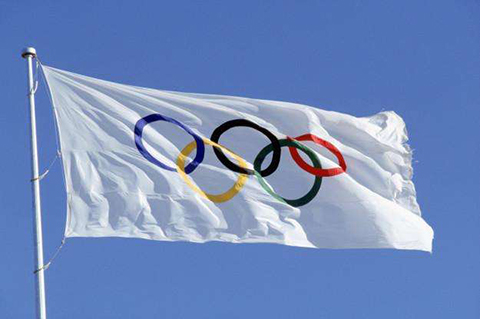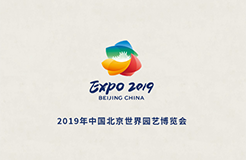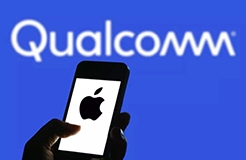Did not receive verification mail? Please confirm whether the mailbox is correct or not Re send mail

Vapor
- 2019-04-25 14:06:09
Intellectual Property Powers Sports

World Intellectual Property Day 2019 is fast approaching on April 26. This week participants at hundreds of events across the globe will celebrate this year’s theme – “Reach for Gold” – and explore how IP rights encourage and support the development of sport for fans around the world.
At WIPO, every day is World IP Day – our filing services for patents, trademarks and industrial designs are at the center of it all: they constitute the global network over which new technological innovations, contemporary brand efforts and cutting-edge product designs can be transmitted across the globe.
WIPO’s copyright and related treaties play an important role in the increasingly global marketplace for creators and artists, as well as sports organizations that depend on broadcasters to transmit coverage of their events, engage fans worldwide and attract sponsors. Copyright and related rights, especially those for broadcasting organizations, underpin the relationship between sports, television and other media.
One of WIPO’s 26 treaties directly supports the Olympic Movement and the Olympic Games, one of the world’s most iconic sports events.
The Nairobi Treaty on the Protection of the Olympic Symbol obliges its member states:
“to refuse or to invalidate the registration as a mark and to prohibit by appropriate measures the use, as a mark or other sign, for commercial purposes, of any sign consisting of or containing the Olympic symbol, as defined in the Charter of the International Olympic Committee, except with the authorization of the International Olympic Committee.”
So far, 52 of WIPO’s 192 Member States have joined the Nairobi Treaty.
Essentially, all countries that sign up to the Treaty are under the obligation to protect the Olympic symbol – five interlaced rings – against use for commercial purposes (in advertisements, on goods, as a mark, and more) without the authorization of the International Olympic Committee (IOC). The IOC is an independent, not-for-profit international organization. It leads the Olympic Movement and is committed to building a better world through sports.
An important effect of the Nairobi Treaty is that, if the IOC grants authorization to use the Olympic symbol in a country that is party to the Treaty, the National Olympic Committee of that country is entitled to a part of any revenue the IOC obtains from its use.
The IOC also uses WIPO’s Madrid System for the International Registration of Marks to manage its worldwide trademark portfolio across the globe, which in addition to the Olympic Symbol, includes the so-called “Olympic Properties.” These encompass all rights relating to the organization, exploitation and marketing of the Olympic Games. The Olympic Charter identifies the Olympic flag, motto, anthem, designations, emblems, flame, torches and identifiers including but not limited to “Olympic Games” and “Games of the Olympiad” as the Olympic properties.
The IOC’s brand, as expressed through these protected marks, is an integral part of its revenue model, which enables it to support the development of sports globally.
Ninety percent of the funds generated by the IOC through sponsorship deals and the sale of broadcasting rights are re-invested in the worldwide development of sports.
In addition to the Nairobi Treaty, many countries (former and future hosts of the Olympic Games) have adopted specific national legislation to protect the Olympic properties and the rights of organizers of sports events.
Source:WIPO
Editor:De
- I also said the two sentence
- Also you can enter 140words






